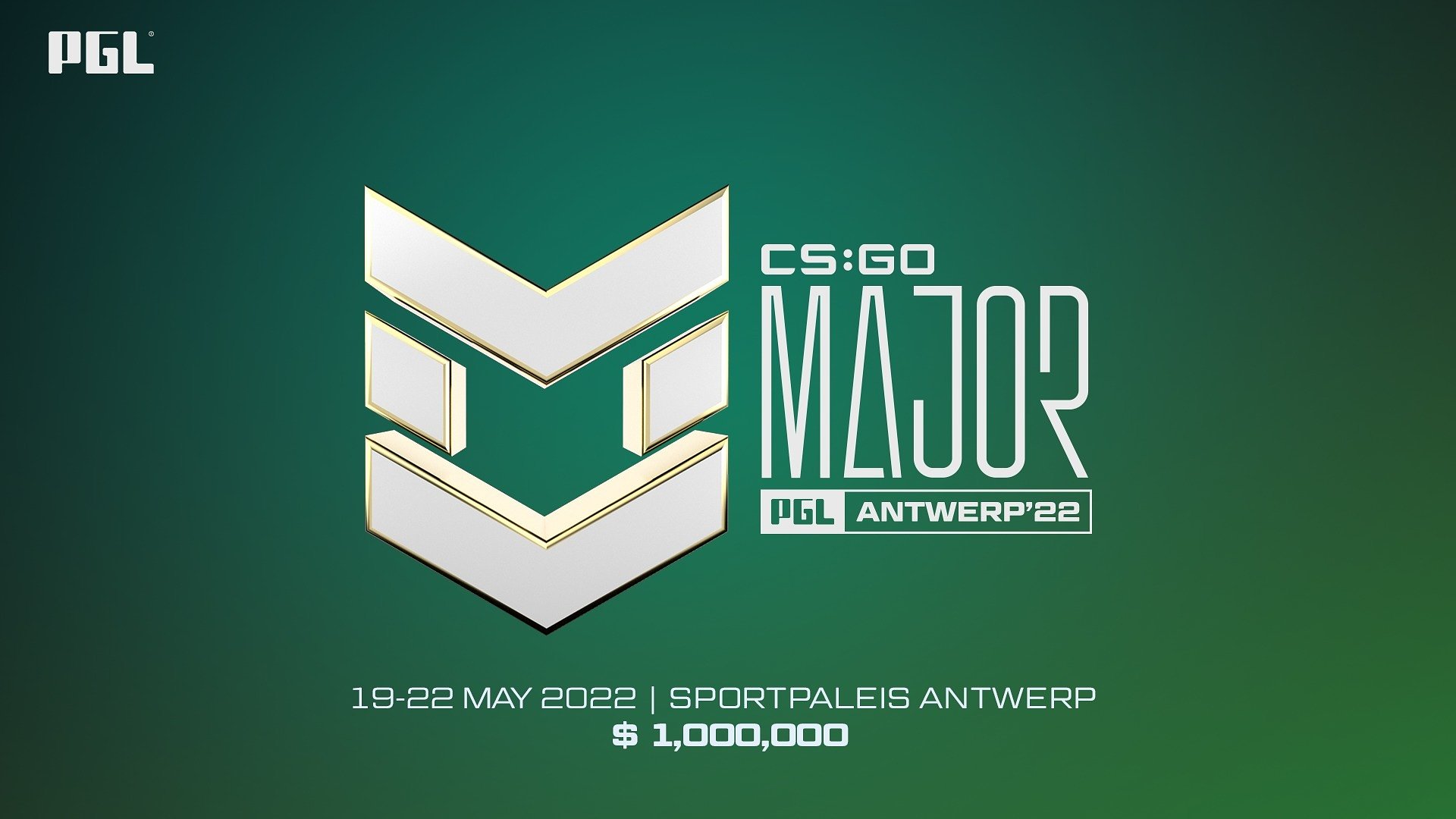- Dota 2
Dota 2 players and fans left confused with DPC’s tiebreaker rules
After the Western Europe division concluded, tournament organizers informed players that their season wasn’t over quite yet.
The Dota Pro Circuit Spring Tour wrapped up its regional league for the Western European region, with standings seemingly decided and four teams booking their trips to the Stockholm Major in May. Players and fans were left confused, however, as the tournament organizers for the region informed Tundra Esports and Team Liquid they would be playing a last-minute tiebreaker to decide the seeding.
Both teams qualified for the Major with a 4-3 series record, but Tundra beat Liquid when they played during the season and seemingly held the tiebreaker already. An apparent rule change made by Valve in February changed the way the standings work in the DPC without teams being informed, however.
Apparently we are playing tiebreakers for 3rd place tomorrow vs Team Liquid. Love the new rules on the last day with no advance notice
— skiter (@Skiter) April 20, 2022
Based on the last rulebook that professional players were made aware of, teams in the first division would only play tiebreakers if they’re competing for distinct seeding at a Major or relegation from their current regional league. Because Tundra and Liquid held a tie for third and fourth place—not counting Tundra’s regular-season victory over Liquid—they would both be placed in the Stockholm Major’s WIldcard bracket, regardless of who holds the higher seed.
This rule was quietly changed in February 2022 without notice, according to Liquipedia. This means that players competing in the latest iteration of the DPC were unaware of the change and acting under the general assumption that the original rules provided were being used. That perception remained until DreamLeague called for Tundra and Liquid to play a tiebreaker that would not affect Major seeding, along with another tiebreaker between the first and second place OG and Gamin Gladiators who are in a similar situation in regard to head-to-head record and seeding.
This came off as a surprise for all players involved, with several speaking on their frustrations at the last-second decision to not utilize head-to-head results and play tiebreakers that no team was made aware could happen.
Sorry, but I gotta say that I find this depressing after reading the tiebreaker rules and thought we were already first place considering “head 2 head” rule that was now changed after all the games were played 🙂 This is very silly. https://t.co/E6PGIp3XRC
— Tommy Le (@Taigadota) April 20, 2022
This not only leaves teams with more games to play that they were not expecting, but it could also hurt some of them financially if it cuts into travel plans or forces organizations to cover additional costs.
it’s honestly hilarious to me that at least half the shit that happens in Dota 2 (slowly damaging the game more every time) would literally be solved if the people in charge would just accept to communicate pic.twitter.com/TsrZwbsToi
— Manon (@ManonBjn) April 20, 2022
In response to this sudden shift in rules that were not communicated ahead of time, the community is bringing up other areas and complaints that Valve has failed to properly iron out in the DPC system. Notably, this includes continued backlash against the domineering schedule that the regional leagues dominate throughout the year, which limits what other events can be held and other problems.
DreamHack admins have yet to publicly respond to questions about this sudden shift and tiebreakers will run as part of the final day events for Western Europe’s regional league.















